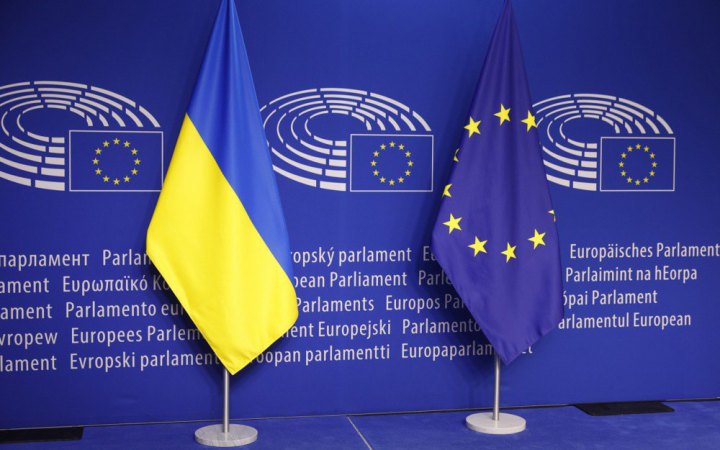EU ambassadors have agreed on security guarantees with Ukraine. The agreement can be signed no later than the beginning of July.
This was reported by the German newspaper Welt.
EU ambassadors have already agreed on a draft bilateral security agreement between Ukraine and the European Union as a follow-up to the G7 declaration on "security guarantees", and it is expected to be finalised by the end of June.
The declaration covers political, military and economic assistance and Ukraine's integration into the EU and NATO.
Ambassadors of the 27 EU countries recently agreed on the eleven-page text, which is marked "confidential". The text of the agreement states that the European Union and its member states play a key role in Ukraine's long-term security and resilience through military, humanitarian, financial, trade and economic support.
This also includes hosting refugees, supporting reforms and sanctions, and rebuilding. The EU is committed to continue training the Ukrainian military and assisting in defence.
The EU also assures Ukraine of immediate consultations in the event of further attacks. And it commits to immediate consultations within 24 hours in the event of new attacks. However, this excludes the participation of European troops in hostilities against Russia.
Security guarantees: what Ukraine wants
On the instructions of Volodymyr Zelenskyy, an International Working Group on Security Assurances was established in the spring of 2022. In September 2022, the group presented the Kyiv Security Treaty.
In July 2023, at a joint press conference with the NATO Secretary General, Zelenskyy said that Ukraine needed security guarantees before it could become a member of the Alliance. These guarantees should not be "instead of NATO" but on the way to it, he stressed.
In July, the Group of 7 countries signed a declaration on long-term security guarantees and economic support for Ukraine. A total of 32 states have joined the declaration. Ukraine is gradually concluding bilateral security agreements with countries. It has already signed such agreements with the UK, Germany, France, Denmark, Canada, Italy and several other countries.








